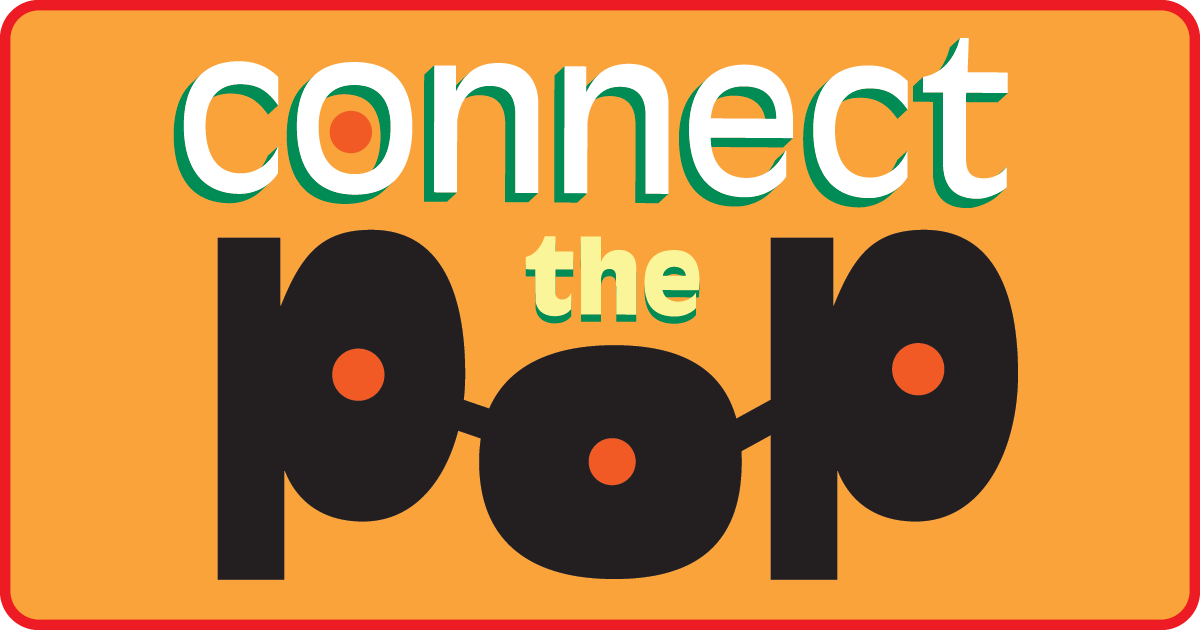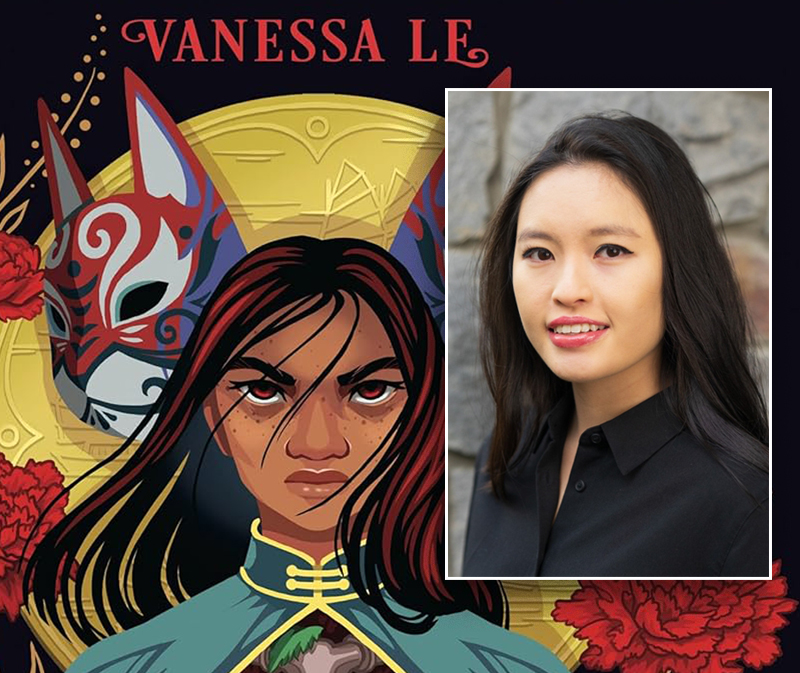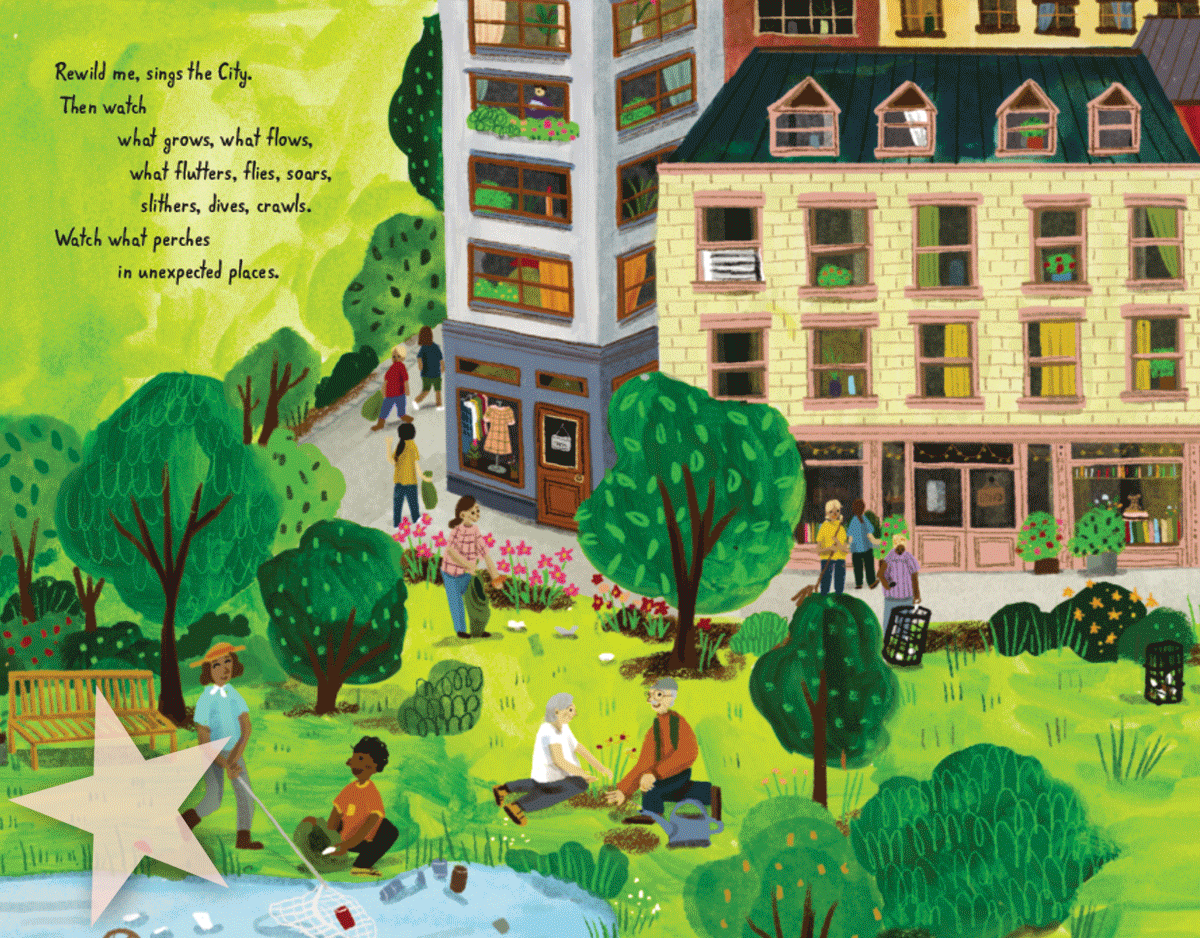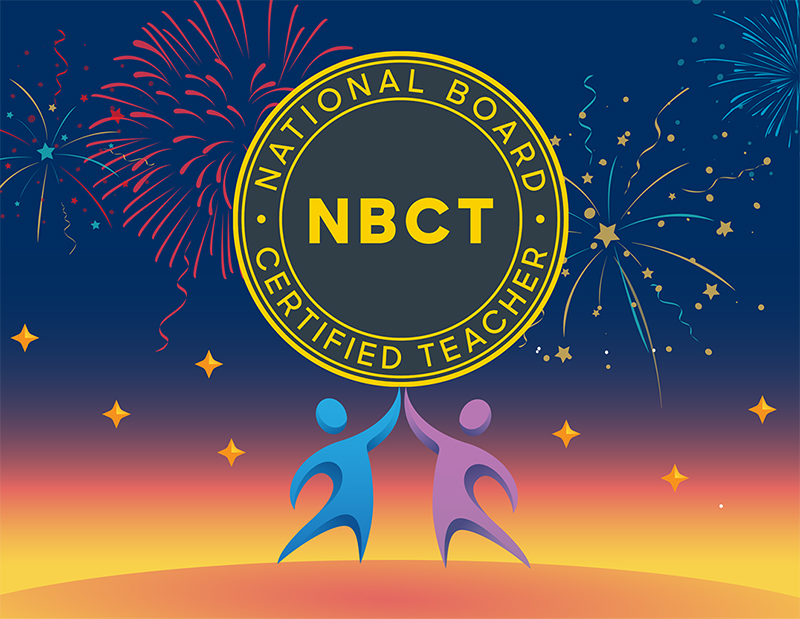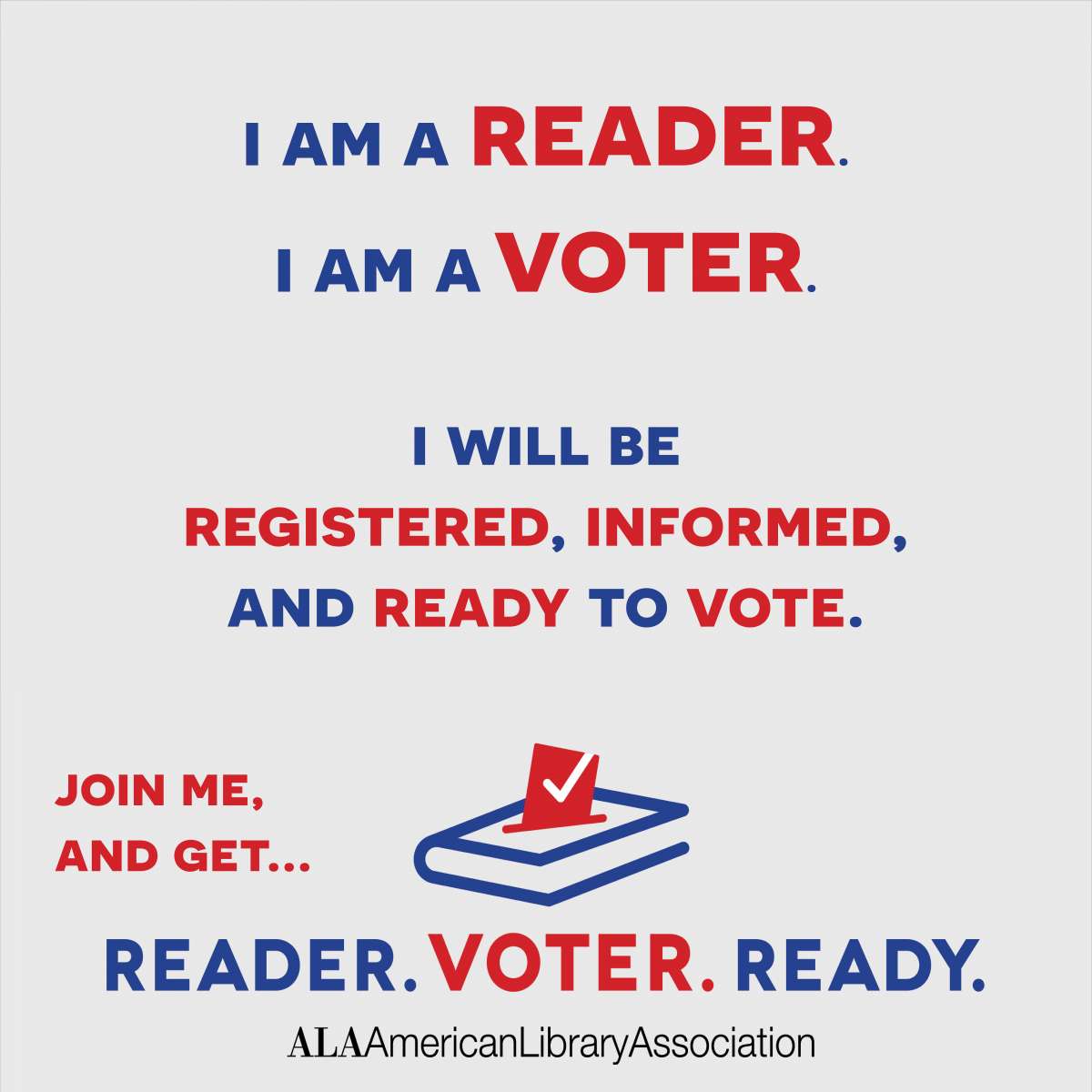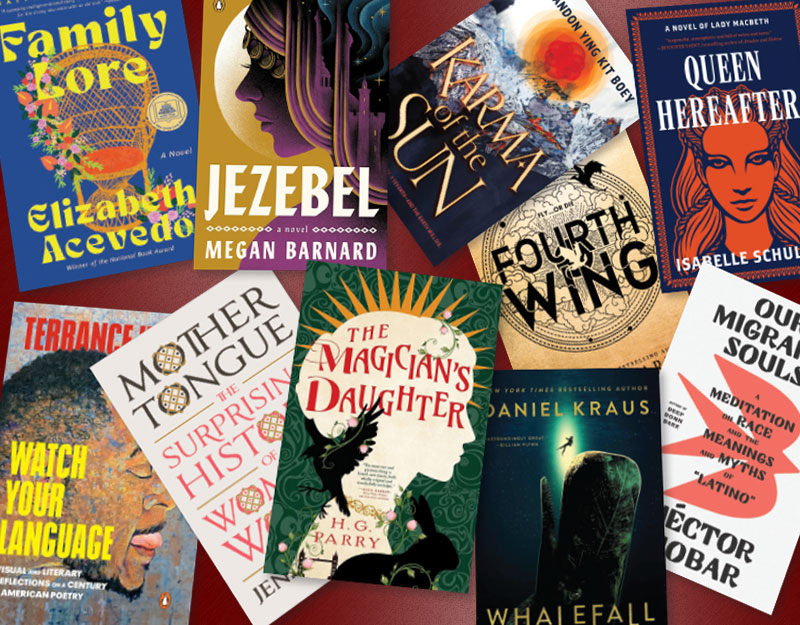SCROLL DOWN TO READ THE POST
Why Are Zombies So Good for Libraries?
Guest Post by Matt Finch
More than just a craze, they point the way towards a new kind of literacy engagement
You get a lot of zombies in libraries these days. Never mind Brad Pitt and World War Z: in 2013 even your common-or-garden LIS grads must battle their way through a horde of the undead just to get to their desk shift on time.
In Kansas, a zombie comic introduces new students to the McPherson College Library. In Australia, a zombie-themed calendar has promoted librarians’ professional development. Previous editions of Connect the Pop have addressed the question “Are Zombies Good For Kids?”, highlighting the value of the walking dead as a vehicle for kids to explore troubling existential, social, and philosophical questions.
ADVERTISEMENT
ADVERTISEMENT
With Pitt’s undead blockbuster hitting U.S. screens today, you might be forgiven for thinking that “zombies in the library” is simply a fad which will soon fade and be replaced by the next Hollywood trend. But in fact the elements of peril, choice, consequence, and fantasy within a zombie scenario point the way to one possible vision of libraries’ future.
I run immersive play events in community settings, including libraries, around the world. The activities on offer are designed to physically engage your patrons with the world of a book, artwork, or other piece of media—whether through craft, gaming, role-play, or content creation.
 Essentially, I make up fun stuff for people to do in public places. In the zombie events I’ve run in Australia and New Zealand, kids and teens find themselves drawn into the world of a zombie uprising, with performers dressed as the undead besieging the library and participants forced to think on their feet as they physically respond in the here and now to a life-threatening role-play scenario. (You can see the essentials for running your own immersive zombie event at the Library as Incubator Project zombie page).
Essentially, I make up fun stuff for people to do in public places. In the zombie events I’ve run in Australia and New Zealand, kids and teens find themselves drawn into the world of a zombie uprising, with performers dressed as the undead besieging the library and participants forced to think on their feet as they physically respond in the here and now to a life-threatening role-play scenario. (You can see the essentials for running your own immersive zombie event at the Library as Incubator Project zombie page).
These zombie events open the door to a richer library experience that acknowledges performance, gaming, and immersion in story as aspects of 21st century literacy.
So why are zombies so good for libraries?
1. Zombies attract kids and teens of all backgrounds
Our zombie events have run in deprived neighborhoods, both rural and urban. In the tiny Australian country town of Tullamore, kids whose home lives included work on the family farm found themselves exposed to the bleeding edge of pop culture; in deprived South Auckland, kids from an especially diverse neighborhood brought their own inner strength to bear on the high drama of the zombpocalypse.
Boisterous, frightening, and physical, these rough, tough events were particularly appealing to older teens. ‘Guest stars’ drawn from community police officers, firefighters, and local volunteers gave the events a special attraction in communities not known for their passion for literacy. Once you’ve seen your local cop succumb to a zombie horde, or recognized one of the approaching undead as your own kin, it’s hard not to become deeply involved in the role-play!
Immersive play can apply to library users of any age—indeed, the Australian rural libraries I worked with last year created an immersive ‘Sistine Chapel’ art activity for much younger children—but it’s especially exciting to see the thrills and threat of a zombie apocalypse attract and engage an oft-neglected older audience. I see these as the attention-grabbing sisters to other, more reflective media literacy activities like Auckland Libraries’ pilot teen feminism program, which offers older teenage girls the chance to question and challenge representations of women in the media.
2. Zombies remind us that libraries are about more than shelves
In many ways, interactive events like the zombie siege are truer to the essential work of libraries than keeping books on shelves: the United Nations’ basic outline of libraries’ mission doesn’t even include the word ‘book’, and instead posits libraries as spaces of play, self-directed learning, and cultural celebration.
The challenge is for libraries to embody this attitude in a way that suits 21st century audiences without requiring lavish expenditure on technology.
The answer is: immersive play. Whether you have fabulous props and costumes, or you simply create a mood using a few well-chosen words, any librarian can conjure a scenario for young library users to explore. Zombies are great for this kind of event because the setting is essentially the present-day; you only need sufficient make-up to turn your volunteers into members of the walking dead!
Entering the world of the story as protagonists gives young people the opportunity to explore the consequences of their actions and learn on their own terms.

3. Zombies promote choice and independent learning
The recent spate of zombie events in Australasian libraries promotes critical engagement with the narratives being sold by the media through Hollywood, video games, and publishing. In the year of the World War Z movie, we’re asking kids to decide for themselves what to do with the infected in a zombie uprising.
At Auckland’s Tupu Youth Library that meant teenagers debating what to do with a friendly community cop who had been “bitten” during a tussle with zombies. Deciding that the inability to sing was a good rule-of-thumb zombie detector, the kids forced a number of survivors to break into song, only to watch in horror as the police sergeant gradually “turned” before their eyes and ultimately had to be wrestled to the ground and restrained with his own cuffs.
 For kids and teens who couldn’t make it on the day of the event, Auckland followed up with “City of Souls”—a playable online text adventure, made in-house using free Twine software, as a pilot for future workshops to help teens write their own choose-your-own-adventure games.
For kids and teens who couldn’t make it on the day of the event, Auckland followed up with “City of Souls”—a playable online text adventure, made in-house using free Twine software, as a pilot for future workshops to help teens write their own choose-your-own-adventure games.
ADVERTISEMENT
ADVERTISEMENT
This is a major point of difference for librarians in education: choosing one’s own adventure. Unlike regular school teaching, which in the English-speaking world increasingly focuses on the need to pass tests and attain predetermined standards, librarians are able to let our users critically engage with pop culture on their own terms, exploring their own narratives rather than formulating answers in order to jump through the hoops of quantitative assessment.
4. Zombies may decay, but immersive literacy lives on
When the current vogue for the walking dead has been laid to rest, the impulse towards critical engagement through immersive play will remain. It springs from the same source as fanfiction—the wish to repurpose elements of pop culture and make one’s own meaning there, like a church mouse scurrying through the cathedrals of our mass media society, stealing materials to construct their nest.
In Auckland, the next step is to spread these pilots citywide. The final school holiday program of 2013 will run across the city’s 55 branches with a single overarching time-travel storyline, which sees Aucklanders of the 24th century raiding the past in steampunk time machines to save the best of our present-day culture.
It’s a way of defamiliarizing 21st century life and exploring the meaning of cultural heritage in the same kind of boisterous, playful environment as the zombie sieges.
Even after Brad Pitt’s zombie world war has been consigned to the bargain-basement Blu-ray bins, there will still be opportunities for kids and teens to play and explore new worlds of storytelling within the library walls.
After all, helping you choose your own adventure is what libraries do best.
###
 Dr. Matt Finch is a globetrotting British writer and community outreach consultant, currently adviser to Auckland Libraries, New Zealand. Find out more at www.matthewfinch.me and on Twitter from @booksadventures
Dr. Matt Finch is a globetrotting British writer and community outreach consultant, currently adviser to Auckland Libraries, New Zealand. Find out more at www.matthewfinch.me and on Twitter from @booksadventures
Filed under: English, Movies, Transliteracy
About Peter Gutierrez
A former middle school teacher, Peter Gutierrez has spent the past 20 years developing curriculum as well as working in, and writing about, various branches of pop culture. You can sample way too many of his thoughts about media and media literacy via Twitter: @Peter_Gutierrez
ADVERTISEMENT
SLJ Blog Network
One Star Review, Guess Who? (#202)
This Q&A is Going Exactly As Planned: A Talk with Tao Nyeu About Her Latest Book
Exclusive: Giant Magical Otters Invade New Hex Vet Graphic Novel | News
Take Five: LGBTQIA+ Middle Grade Novels
The Classroom Bookshelf is Moving
ADVERTISEMENT
ADVERTISEMENT

